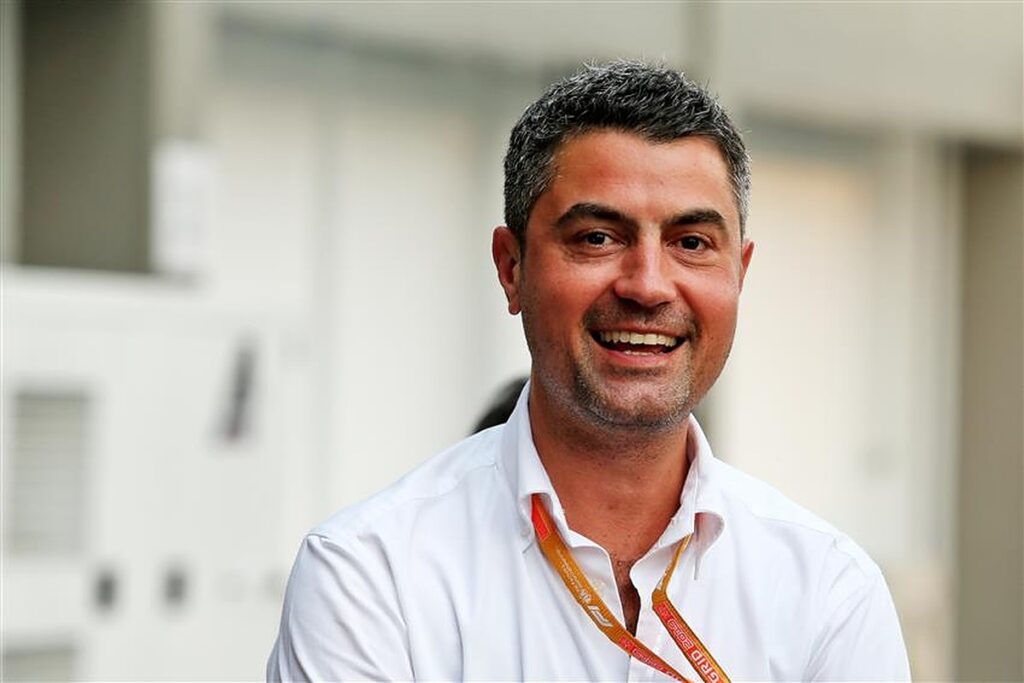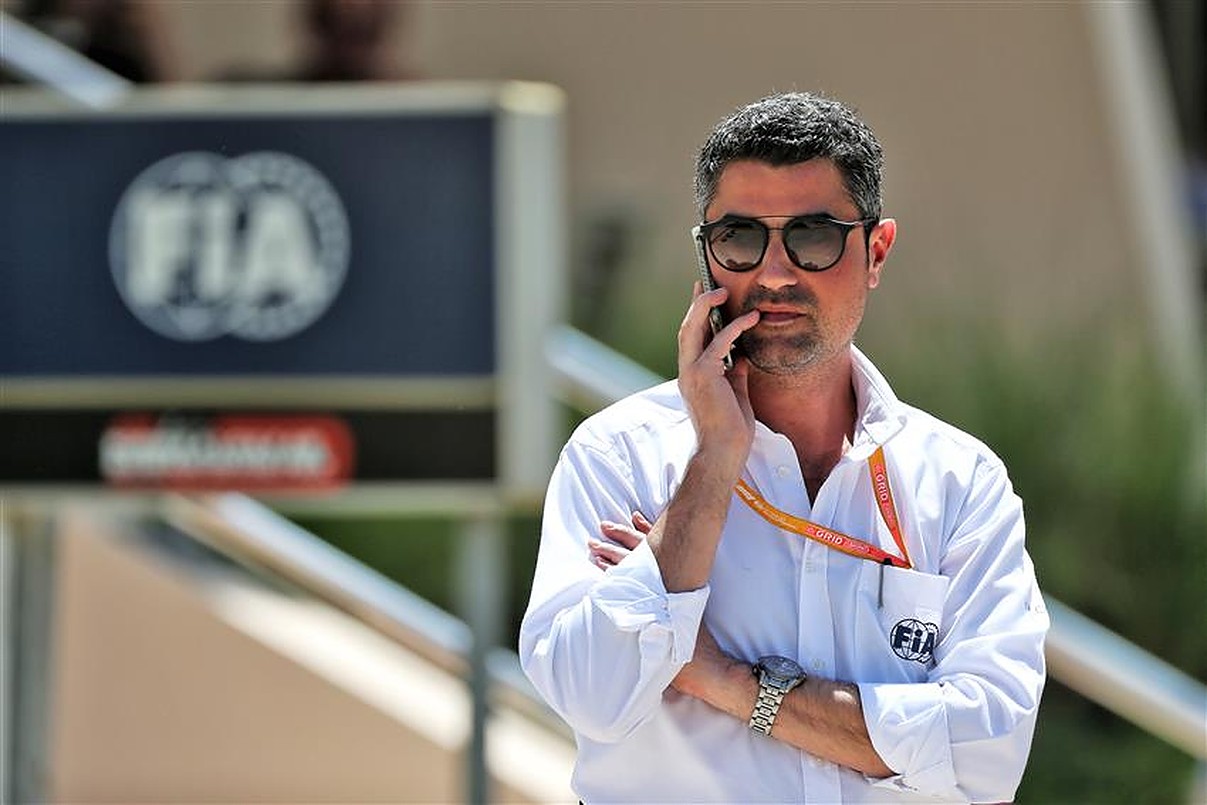During a recent appearance on the Beyond the Grid podcast, Red Bull boss Christian Horner revealed that he has spoken to former Formula 1 race director Michael Masi “on a couple of occasions”.
The Australian, who now works in the Australian Supercars series, was deemed to have made a “human error” at the controversial 2021 season finale, where Max Verstappen claimed his first Drivers’ Championship due to a last lap overtake on Sir Lewis Hamilton.
Following an FIA investigation into the season finale, it was deemed that Masi hadn’t followed the rulebook in regard to the late Safety Car to recover Nicholas Latifi’s crashed Williams.
Based on the running order when the Safety Car was released, Hamilton was on track to win both the race and an unprecedented eighth World Championship; however, things soon took a “manipulated” turn.

READ: ‘Extremely sorry’: British GP organisers vow to take action after recent ‘chaos’
With just a lap and a half remaining, the lapped cars between Hamilton and Verstappen were allowed to un-lap themselves, but only those between the two title rivals.
This call came despite a previous message having said that no cars would be able to un-lap themselves, something Verstappen labelled as “typical” over the radio.
Under the guidelines, the Safety Car is supposed to complete one further lap after lapped cars had been released, or in this case a select few of the lapped cars.
The Safety Car didn’t complete an additional lap, though, meaning the final lap was full green flag racing.
Verstappen, who was on Soft tyres, compared to Hamilton’s Hards, overtook the Brit at Turn Five, much to the dismay of the seven-time World Champion and the Germans.
The Red Bull driver went on to win the race and therefore the championship; however, had the rules been followed, then Hamilton would’ve claimed the title.
Mercedes filed numerous complaints, resulting in a full FIA investigation which deemed Masi had incorrectly dealt with the incident, something which has seen his relationship with the FIA breakdown.
Despite his poor handling of the finale, Horner has revealed he still speaks to the former F1 race director who he believes “followed the principles”.
“Yes, on a couple of occasions,” Horner revealed to the Beyond the Grid podcast.
“I felt that it wasn’t fair, the way he had been treated, because I think that he’d done the best that he could, following the principles.
“The only thing he screwed up on was not allowing the final two cars at the back of the field to unlap themselves.
“As we saw recently in Monza, nobody wants to see a race diluted and finished under a Safety Car.
“So he did everything to get that race going again, which would have been a horrendous finish to the season, to see it just diluted and peter out under a Safety Car.
“I think the reaction after the race, there was a huge amount of abuse sent to him, there were death threats to his family. No individual deserves to go through that.”
The 2021 finale has recently resurfaced due to an incredibly similar incident having happened at the recent Italian Grand Prix, with the difference being as somewhat pointed out by the Red Bull boss, the race finished behind the Safety Car.
Whilst it was a disappointing end to the race, race director Niels Wittich did follow the rulebook, with the exception being that the Safety Car initially picked up the wrong car.
Horner continues to believe that the Australian “did the very best he could”, with a number of changes having happened as a result of it being deemed that Masi “had very little support.”
“I think that Michael, in difficult circumstances, did the very best he could throughout the year,” Horner said.
“We have to remember he had very little support in that race control tower and was left very much on his own up there.
READ: McLaren make Daniel Ricciardo prediction as his F1 career could end in 6 races
“When you follow the process of how they’re looking at how cars run, it’s back to pens and pieces of paper.
“He didn’t have all the backup that the teams have, for example, with our operations rooms, and the software.
“It was still a very rudimentary process.”

